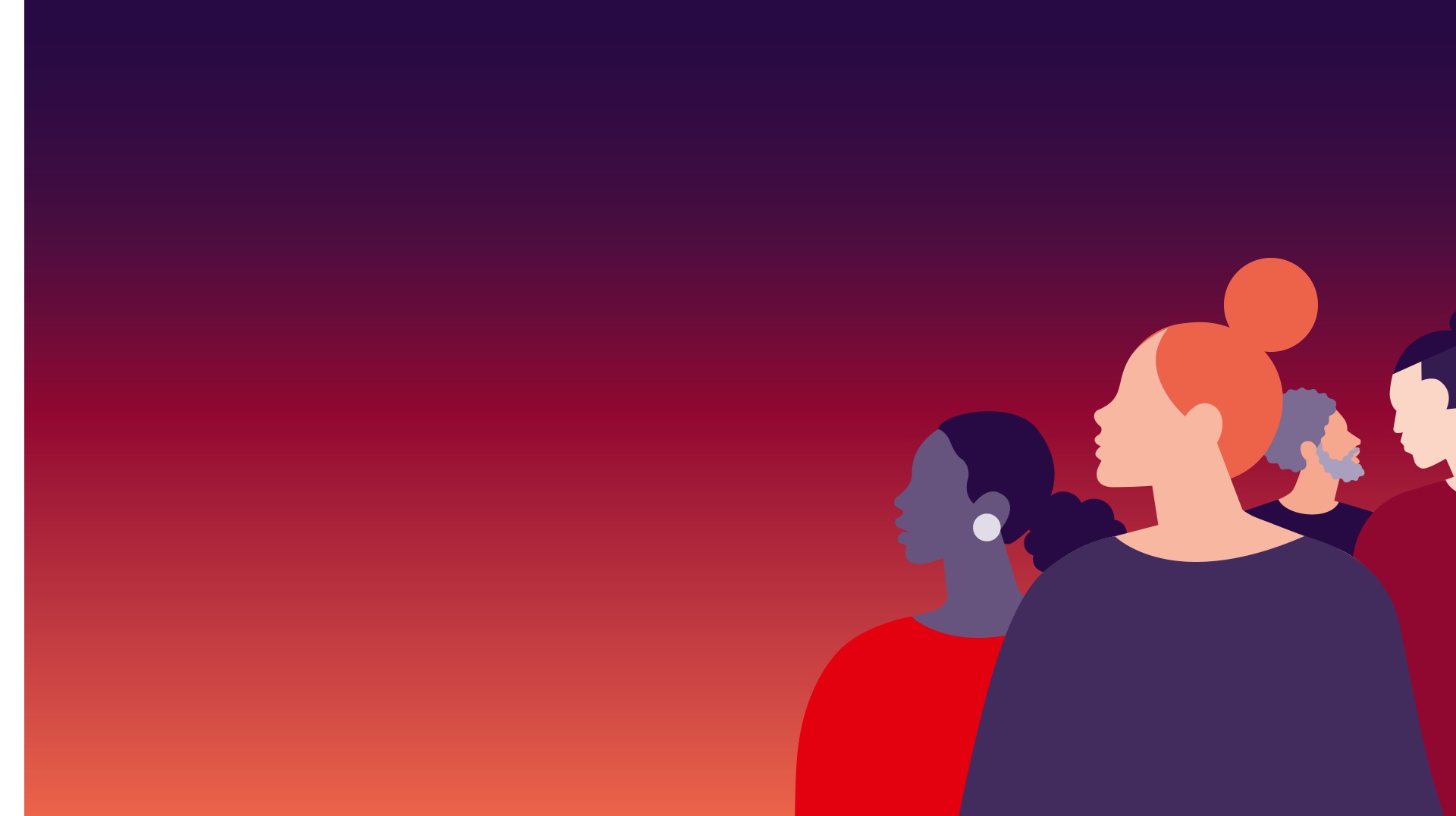Many people think of the word sexism in terms of, for example, men thinking that women perform less at work. Even though this is probably one of the most classic examples of sexism, it does not mean that only cis men and cis women should always be at the center of such a debate.
Queers can also be affected by sexism. In this context, there are now even studies that take a closer look at how sexism against women is related to sexism against queers.
Some findings suggest that people who think women are worth less also have a similar view with regard to queers. Or, in other words, those who are sexist are often also homophobic.
In this context, prejudices, among other things, naturally play an important role.
Sexism and Cis Norms

People who are sexist often think in the categories of classic cis norms. This means, "Men are strong!", "Women belong at the hearth!" and "Those who are transsexual just can't make up their minds!" Statements like these show how much the boundaries between genders or gender identities are staked out.
Many sexists speak of the norm with regard to cisgendering. For them, straight and cis men or cis women are considered "normal". Those who deviate from this view, for example because they identify as transsexual, do not fit into the fixed grid and are - to remain in the image of sexism - looked down upon from above.
For sexists, one thing is certain: there are only two genders. And each gender is associated with certain characteristics.
Sexism towards gay men is often particularly pronounced
For sexists, norms of masculinity and gay men do not go together. Especially when a gay man does not fit the "typical male stereotype," most sexists tend to devalue the person in question.
Therefore, more and more gay men are discriminated against, especially if they seem "too feminine" in the eyes of the sexists.
Of course, there is also sexism against lesbian women. But: This usually manifests itself in a different way. If a woman is identified as "lesbian" because, for example, she appears "too masculine" in the eyes of sexists, direct insults are less frequent. Instead, these queers are often perceived by many homophobic people as "different," sometimes even somewhat "scary." Masculine-appearing women are usually subjected to much less direct homophobic insults in society than is the case with feminine-appearing men.
How can sexism show up in everyday life?
Many people have already been confronted with sexism in their everyday lives - both at work and in their leisure time. Classic examples of sexism are:
- A company decides to allocate its jobs exclusively to cis people. Not on merit, but simply on the fact that no one wants to deviate from the "norm".
- A bouncer refuses entry to queers.
- In a relationship, the cis man assumes that it is the cis woman's job to take care of the household.
These are only three of numerous possible scenarios. However, they all have one thing in common: In sexism, the focus is not on the person, but on their gender or gender identification. Accordingly, an assessment is not made objectively, but merely based on marginal data.
The good news, however, is that nowadays it is possible to defend oneself against sexism in many areas. Because: This is definitely not a trivial offense, but rather a worldview that puts a complete group of people at a disadvantage.

This has also happened to me many times at work. Especially since I am open with my homosexuality, I am often attacked by colleagues. But fortunately I also have a lot of support.
Support is the A&O